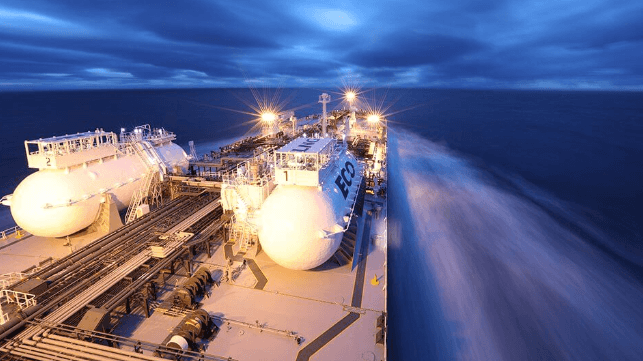EU Plans to Set Price Cap on Russian Diesel at $100 Per Barrel

The EU's shipping price cap on Russian diesel and fuel oil takes effect on February 5, and the European Commission is thinking of setting the initial cap level at $100 per barrel, according to Bloomberg.
Unlike the G-7 Russian oil price cap, which is a broad multilateral measure, the EU is taking its own steps in banning Russian oil products. The measures include an outright EU-wide ban on imports of Russian diesel and fuel oil, plus a cap on the allowable sale price for cargoes shipped using EU services.
The import ban will new force Russian refiners to find buyers outside of Europe, increasing shipping distances and reducing product competitiveness; and the price cap will limit Russian access to product tankers and insurance, given Europe's key role in the marine insurance market.
At $100 per barrel of diesel ($2.38 per gallon), the cap would be about 25 percent lower than today's European benchmark price. Russia already discounts its diesel in order to offset its reputational risk, so the real-world change from the cap would be even smaller - a cut, but not a radical cut.
The impact of the EU import ban may have the most effect, analysts say, and not just on Russia. Europe will have to source its diesel from somewhere else, likely the United States and the Middle East. These long haul voyages will add to costs, raising the final price for EU diesel consumers. The rest of the world could be facing higher prices as well, at least until new trading patterns are established. And since diesel is the industrial transport fuel of choice, a rise in its price trickles down to everyday consumer goods, adding to inflation.
“We are expecting diesel prices to rise in Europe. We’re expecting a spike sort of February, March time,” Wood Mac research director Mark Williams told CNN.
